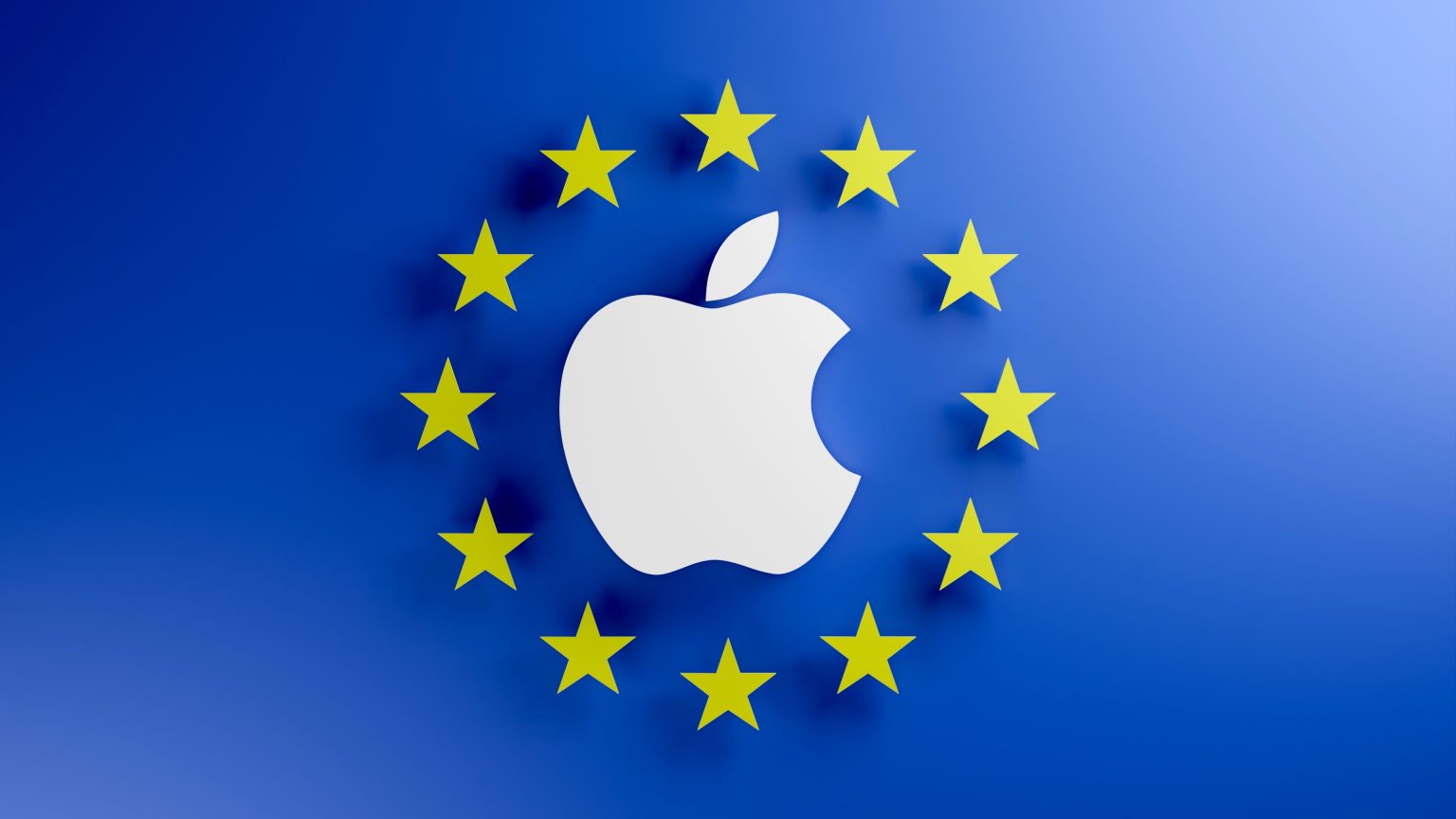The EU’s market commissioner is openly asking Apple to fully embrace the Union’s controversial Digital Markets Act (DMA) by allowing competitors to offer alternatives for all of the company’s services in a series of statements given to Reuters.
Thierry Breton has been a fierce advocate of the DMA, publicly calling out Apple and other “gatekeeper” companies to adapt their services and products to the contentious set of laws. Breton is back on the offensive with his latest comments, which were spewed after holding an unpublicized meeting with Apple CEO Tim Cook in Brussels.
The next job for Apple and other Big Tech, under the DMA (Digital Markets Act) is to open up its gates to competitors. Be it the electronic wallet, browsers or app stores, consumers using an Apple iPhone should be able to benefit from competitive services by a range of providers.

Discover new horizons, always connected with eSIM
Travel the world stress and hassle-free with the best eSIM service available. Enjoy unlimited data, 5G speeds, and global coverage for affordable prices with Holafly. And, enjoy an exclusive 5% discount.
5% OffExplore Now
Thierry Breton to Reuters
Earlier this month, the EU formally confirmed that a set of services and software offered by Apple must conform to the DMA, including iOS as a whole, Safari, and the App Store. On the other hand, iMessage is yet to be officially placed under the Act as the EU confirmed it needs more time to assess whether Apple’s messaging service meets the minimum criteria needed to be placed under the DMA.
Breton has also deflected Apple’s claims that the DMA would seriously hamper the security and privacy of its users, stating that any regulation passed by the EU “fosters innovation, without compromising on security and privacy.”
EU’s Digital Market Act implications
Under the DMA, companies will be required to force their designated services to interoperate with those offered by competitors, allow users to easily remove pre-installed apps, as well as end the prioritization of default apps and services over third-party ones.
Finally, the DMA is set to force Apple and others to open up their platforms to third-party app stores and external payment providers. Companies could be fined a massive 10% of their global revenue overturn for breaching DMA rules, with a bigger 20% fine for repeat offenses.





